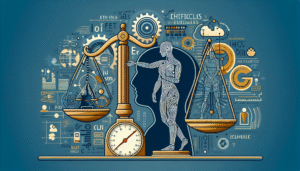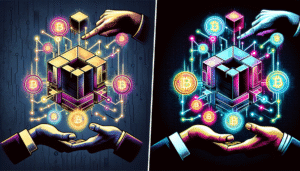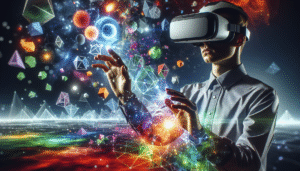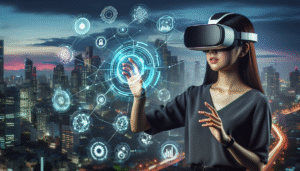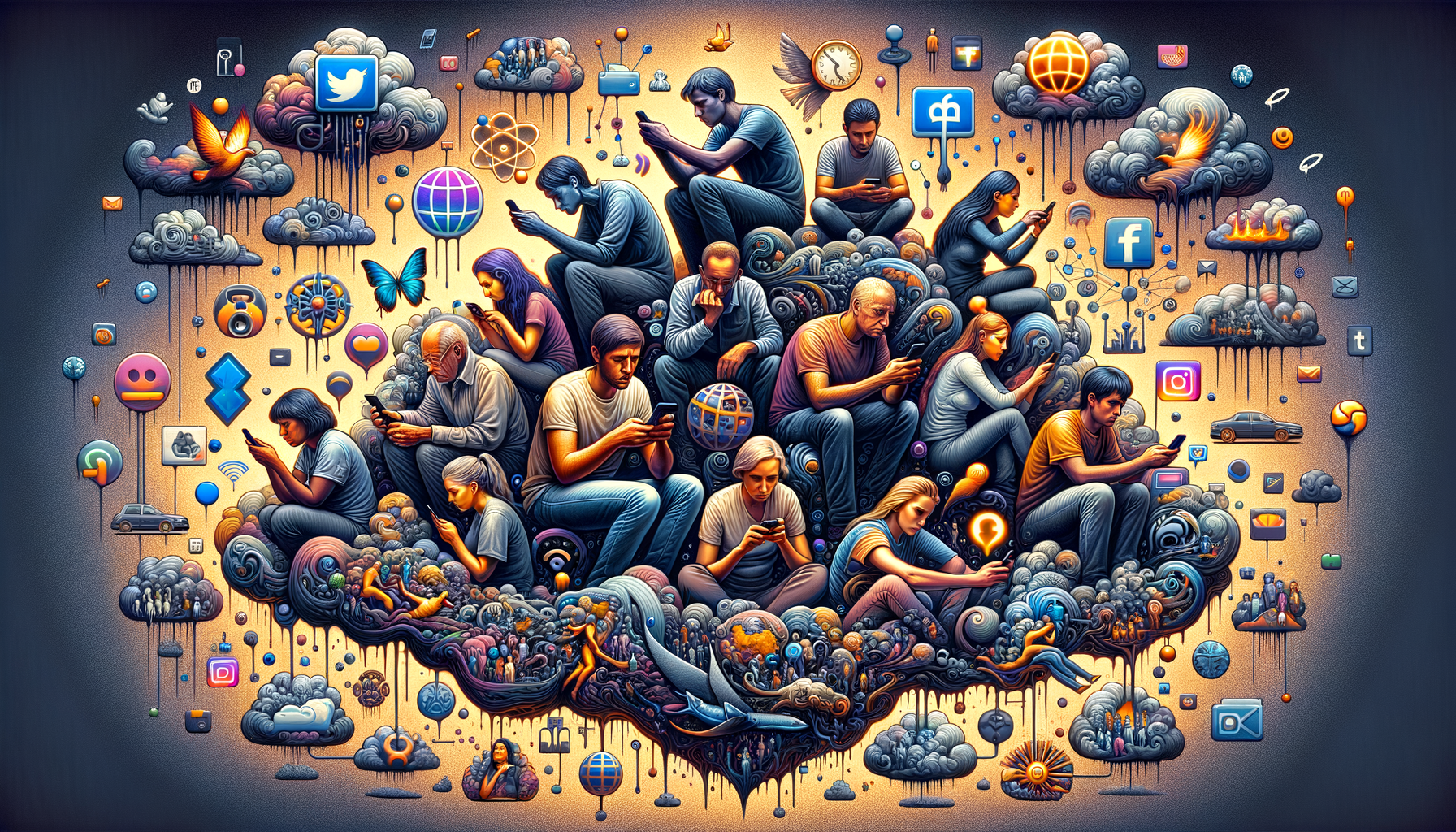
The Double-Edged Sword: Exploring Social Media’s Impact on Society
Communication and Connection: A World at Our Fingertips
Social media has revolutionized communication, shrinking the world and connecting people across geographical boundaries. Platforms like Facebook, Twitter, and Instagram allow individuals to maintain relationships with loved ones near and far, fostering a sense of global community. Real-time updates on life events, sharing of personal experiences, and instant messaging have become integral parts of modern communication, making it easier than ever to stay connected and informed about the lives of friends, family, and even strangers. This interconnectedness has also facilitated the formation of online communities centered around shared interests, hobbies, or social causes, providing individuals with a sense of belonging and support.
Democratization of Information and Amplified Voices
Social media has democratized information dissemination, enabling individuals to bypass traditional media gatekeepers and share their perspectives directly. Citizen journalism, fueled by social media platforms, has played a crucial role in documenting events, holding power accountable, and shaping public discourse. This increased accessibility to diverse viewpoints can promote greater transparency and accountability, challenging established narratives and fostering a more informed citizenry. Marginalized communities and individuals have also found a powerful platform to voice their experiences, raise awareness about social issues, and mobilize collective action.
The Rise of Influencer Culture and the Economy of Attention
The advent of social media has given rise to influencer culture, where individuals with large online followings can exert significant influence on consumer behavior and trends. Brands leverage the reach of influencers to market their products and services, tapping into established trust and parasocial relationships. This has created a new economy of attention, where individuals can monetize their online presence and build personal brands. However, the influencer landscape also raises concerns regarding authenticity, ethical marketing practices, and the potential for manipulation.
Mental Health and Wellbeing in the Digital Age
The constant connectivity and curated presentations of self on social media can negatively impact mental health and wellbeing. Studies have linked excessive social media use to increased rates of anxiety, depression, and body image issues, particularly among young people. The pressure to maintain a perfect online persona, coupled with constant exposure to idealized versions of others’ lives, can contribute to feelings of inadequacy, social comparison, and low self-esteem. Cyberbullying and online harassment are also significant concerns, with potentially devastating consequences for victims.
Privacy and Security in the Age of Oversharing
The vast amount of personal data shared on social media platforms raises serious concerns about privacy and security. Data breaches, targeted advertising, and the potential for misuse of personal information are ever-present risks in the digital age. Users often unknowingly surrender their privacy through complex terms and conditions, granting platforms access to their location, contacts, and online activity. This data can be used to create detailed profiles of individuals, which can be used for commercial purposes or even political manipulation.
The Spread of Misinformation and the Erosion of Trust
Social media’s ability to rapidly disseminate information also makes it a fertile ground for the spread of misinformation, propaganda, and fake news. The lack of editorial oversight and the algorithmic amplification of sensational content can contribute to the spread of false narratives, potentially influencing public opinion and undermining trust in established institutions. The proliferation of echo chambers, where individuals are primarily exposed to information that confirms their existing beliefs, further exacerbates this problem, hindering productive dialogue and critical thinking.
Social and Political Activism: Mobilizing for Change
Social media has emerged as a powerful tool for social and political activism, facilitating the organization and mobilization of collective action. Platforms like Twitter and Facebook have played a key role in coordinating protests, disseminating information about social injustices, and amplifying marginalized voices. Social media campaigns have been instrumental in raising awareness about various social issues, mobilizing support for political candidates, and even driving regime change in some instances.
The Shifting Landscape of Traditional Media and Journalism
The rise of social media has significantly impacted the traditional media landscape. News consumption patterns have shifted, with many individuals now relying on social media platforms as their primary source of news and information. This has led to a decline in traditional print media and a struggle for news organizations to adapt to the digital age. While social media can be a valuable tool for journalists to gather information and connect with their audience, it also presents challenges in terms of maintaining journalistic integrity and combating the spread of misinformation.
Education and Learning in the Digital Age: Opportunities and Challenges
Social media has the potential to transform education and learning, providing access to a vast array of resources and facilitating collaborative learning experiences. Online platforms can connect students with educators and peers from around the world, fostering cross-cultural exchange and enriching educational opportunities. However, the distractions inherent in social media can also pose challenges to student focus and engagement. Educators must navigate the complexities of integrating social media effectively into the learning environment while mitigating its potential downsides.
The Future of Social Media: Navigating the Evolving Landscape
The social media landscape is constantly evolving, with new platforms and features emerging at a rapid pace. The future of social media is likely to be shaped by advancements in artificial intelligence, virtual reality, and augmented reality. These technologies hold the potential to create even more immersive and personalized social media experiences, but also raise new ethical and societal considerations. It is crucial for individuals, policymakers, and tech companies to engage in thoughtful discussions about the future of social media and its impact on society, ensuring that these powerful tools are used responsibly and for the benefit of all.







